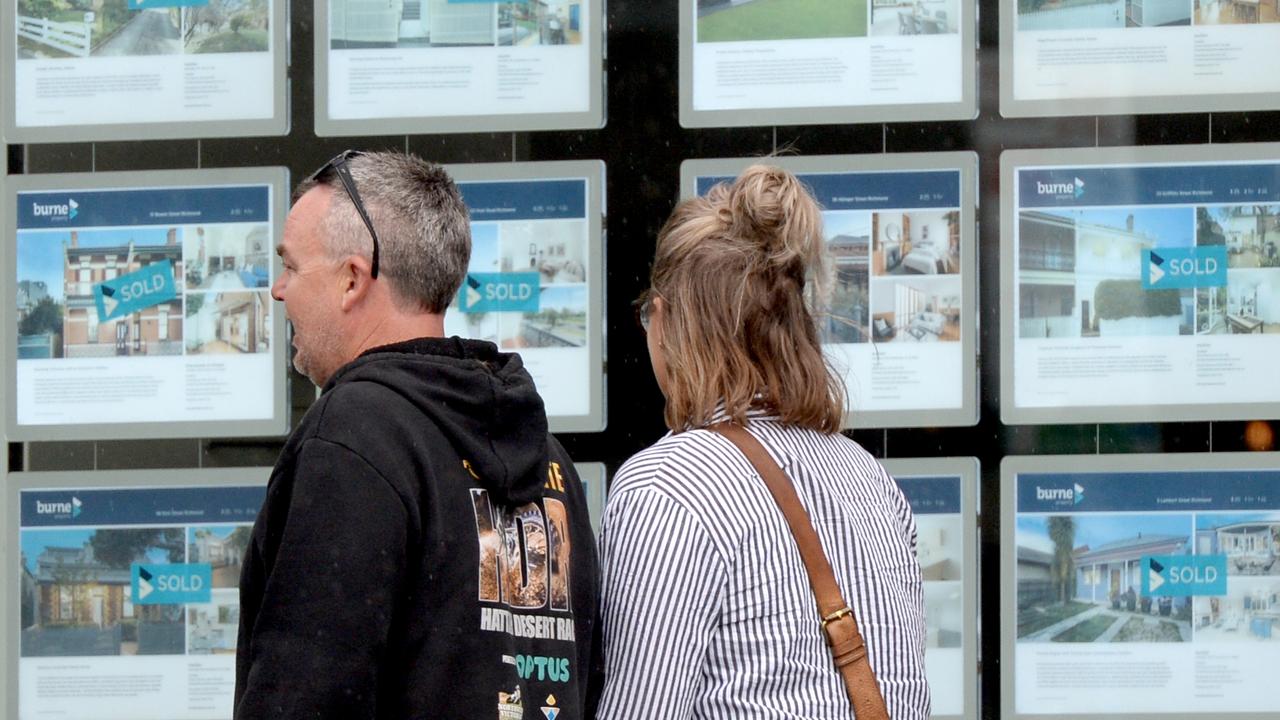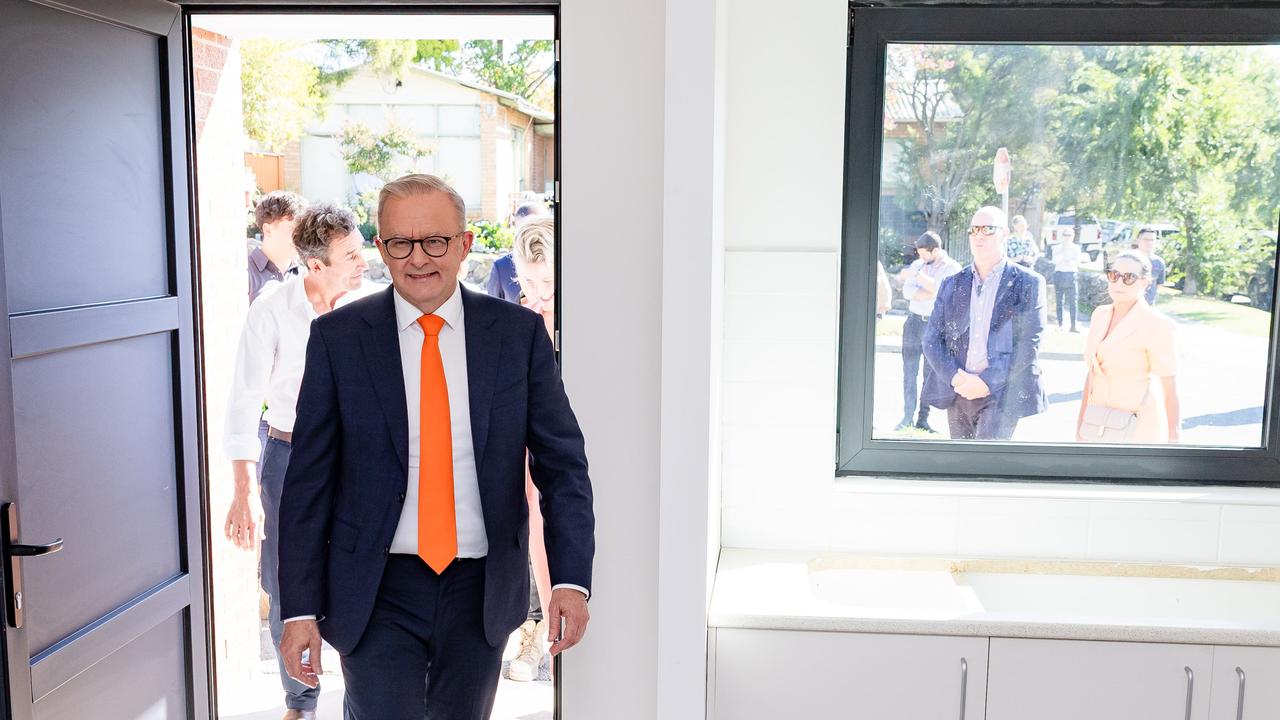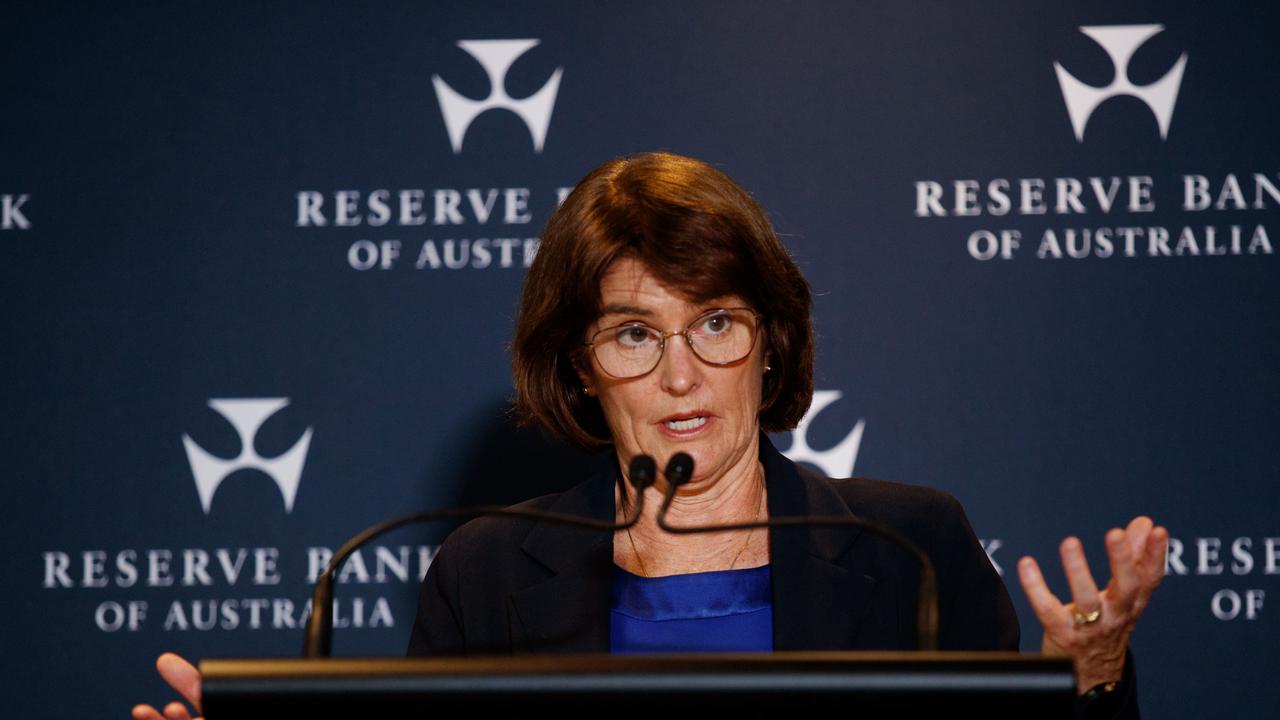Apartment builders face ‘sharp correction’
APARTMENT construction firms will continue to benefit from migration and population growth, but a “sharp correction” is looming this year.
APARTMENT construction firms will continue to benefit from migration and population growth, but a “sharp correction” in revenue is looming this year as excess stock is sold off, according to IBISWorld.
The market research firm says 57 construction companies make its top 500 private companies list for 2016, with three in the top 20: BGC, Meriton and Hutchinson Builders.
But despite the multi-unit apartment and townhouse construction industry reaching record highs over the past five years, “volatile conditions” have led to mixed results for many firms, IBISWorld says.
“Year-on-year revenue growth for the 57 listed construction companies varied widely, from growth of 327.5 per cent to a decline of 49.1 per cent, reflecting a tumultuous year in construction,” said senior industry analyst Anthony Kelly.
The best performing private construction companies over the past year have been Central Equity, Lipman, Mainbrace Constructions, Pellicano Builders and Burbank Australia, which have grown revenue by between 327.5 per cent and 51.8 per cent.
But four construction companies appeared bottom 10 companies with the biggest revenue declines, including Murphy Pipe and Civil Group, S J Higgins Group, Vaughan Constructions and Grocon Group.
IBISWorld says the industry will show annualised growth of 3.8 per cent over the five years through 2016-17, to reach $17.4 billion.
The research firm predicts revenue will strengthen further over the five years through 2021-22, increasing at an annualised 5 per cent to reach $22.1 billion.
According to IBISWorld, inner-city multistorey apartments are expected to make up 39.7 per cent, or $6.9 billion, of the industry’s total revenue of $17.4 billion in 2016-17.
“Underlying demand for new housing is underpinned by Australia’s migrant intake, population growth, foreign investment in the property market, historically low mortgage interest rates, and an increasing desire to live in inner-city multi-unit apartments and townhouses,” Mr Kelly said.
IBISWorld warns that “despite the industry’s bright outlook”, revenue is expected to fall by 17.3 per cent over the current year “as investors hold off on new developments to allow recently added stock to be absorbed”.
“Recent additions of new apartment stock have exceeded immediate housing requirements, and vacancy rates have climbed in several major markets, particularly in Melbourne and Brisbane. The decline in activity also reflects the anticipated completion of several major projects during 2016-17,” Mr Kelly said.
After the “sharp decline”, however, the research firm predicts revenue will stabilise in 2018-19 before recovering strongly to reach “new record highs” over the next five years as “demand for new housing and rental accommodation underpins a return to accelerated growth”.
“The Australian market is expected to remain attractive for foreign investors, especially as the value of the Australian dollar is anticipated to remain low,” Mr Kelly said.
The relatively positive outlook is at odds with other recent predictions.
Earlier this month, a Washington-based defence think tank ISSA warned of an imminent collapse in the Australian apartment market due to the local banks’ clampdown on Chinese investors.
It came after broker CLSA predicted a looming “crisis” that would be kicked off by a wave of defaults forcing smaller developers into receivership, pushing down prices and potentially causing wider contagion that could lead to a recession.
Meriton founder Harry Triguboff, Australia’s richest man, has sounded increasingly urgent warnings in recent weeks, telling news.com.au a “very significant” number of Chinese buyers were walking away from apartment purchases.
Last week, Mr Triguboff told The Australian he would not be able to get 50 deposits on a new project, compared with 105 in the previous month. “We are sinking fast,” he said.




